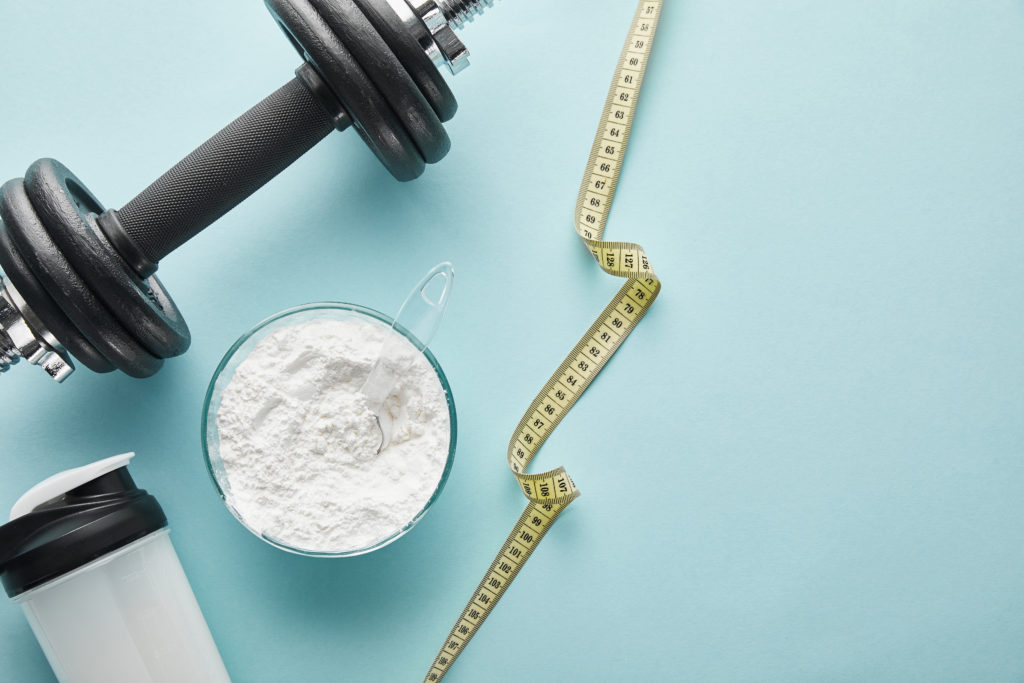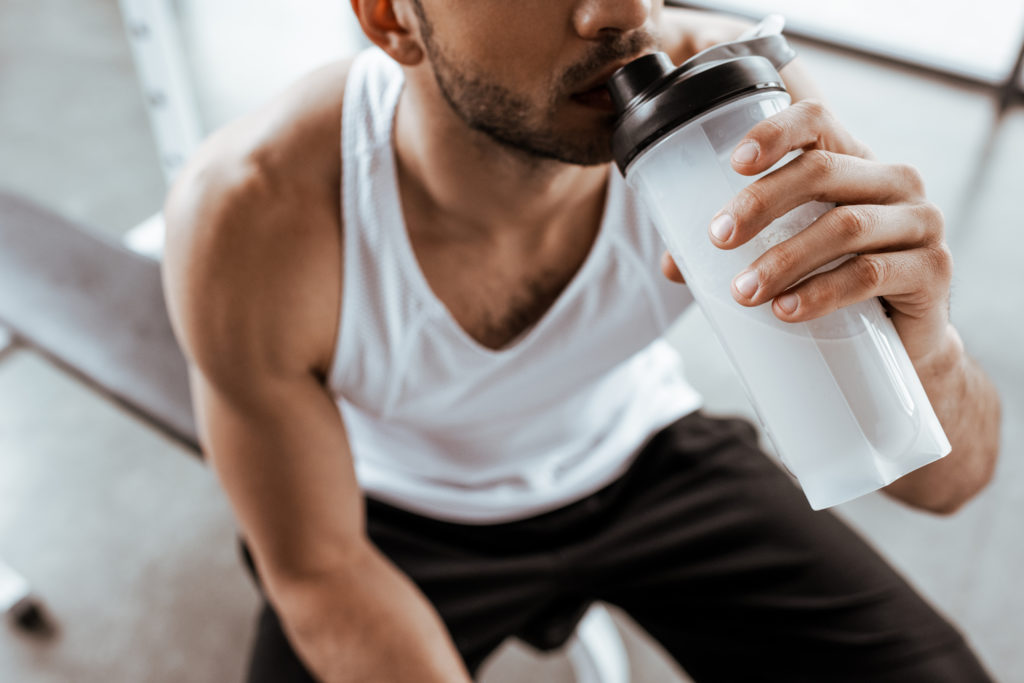side effects of creatine
Creatine and its active form, phosphocreatine, are natural compounds present in the body of humans and animals and are also the most popular and well studied supplements on the market but, are there side effects to creatine?
Science consistently shows creatine helps to combat fatigue during your workouts, allowing you to work out longer and with more intensity, ultimately improving your strength and muscle size.
Research has also confirmed creatine has an excellent safety profile.
However, there’s still a lot of misinformation. Here we dive into some of the myths around the side effects of creatine and look at the science and data.
Does creatine induce rhabdomyolysis?
Some claim that creatine supplements increase your risk of rhabdomyolysis, a condition in which muscle breaks down and leaks proteins into your bloodstream.
However, the suggestion that creatine supplementation induces rhabdomyolysis with the recommended levels of supplementation has no backing in scientific literature.
The myth originated because a marker in your blood called creatine kinase increases with creatine supplement.
Indeed, creatine kinase levels rise following supplementation, but these levels are nowhere close to the levels associated with rhabdomyolysis.
Interestingly, some experts even suggest creatine may protect against this condition.

can creatine cause compartment syndrome?
Creatine shuttles water into the intramuscular compartment as part of its normal activity.
Supplementing with creatine entails fluid retention in the muscle cell and increased overall size of the muscle tissue, but studies show that the changes do not induce symptoms and the pressure changes are transient.
That’s why we can say that creatine doesn’t induce compartment syndrome.
Are dehydration or muscle cramping side effects of creatine?
Based on the current evidence, creatine does not cause dehydration or cramping.
If anything, it may protect against these conditions. In fact, research suggests that creatine may lessen the risk of heat injury when exercising in hot and/or humid conditions by promoting a state of hyperhydration.
Muscle cramping most often occurs when too little fluid is consumed whilst supplementing with creatine.
To avoid this, you can try creatines that work with less quantities. For example, creatines that contain phosphocreatine, such as Clonapure®, reduce muscle cramping, strains and tearing, since you need less amount than you would supplementing solely with creatine monohydrate.

does creatine cause water retention?
Creatine is an osmotically active substance. Thus, an increase in the body’s creatine content could theoretically result in increased water retention.
However, several studies have shown no increases in total body water (intra or extracellular) after supplementation with creatine relative to muscle mass over longer periods of time. As a result, it could be stated that creatine supplementation does not lead to water retention.
Is creatine safe to take every day?
Research has shown that it is safe to consume creatine supplements daily, even over several years.
There is no evidence to support any significantly detrimental side effects in people who consume even high doses of creatine (30 grams/day) for up to 5 years.
In fact, research has shown positive health benefits in athletes who took daily supplements of creatine for long periods of time.

How does creatine affect your kidneys and liver?
Current research suggests that creatine does not cause liver or kidney issues, although it can slightly raise levels of creatinine in your blood.
Creatinine is commonly measured to diagnose kidney or liver conditions, however, the fact that creatine raises creatinine levels does not mean that it is harming your liver or kidneys.
To date, no study of creatine used in healthy individuals has provided evidence of harm to these organs, so creatine can be considered safe.
Are there overall side effects of creatine?
Studies consistently show that creatine is one of the most valid and safest supplements on the market when consumed in recommended dosage, and it is the ideal nutritional supplement for any athlete because it increases your energy sources that are immediately available.
If you want to learn more about creatine safety, you can also check this article.





